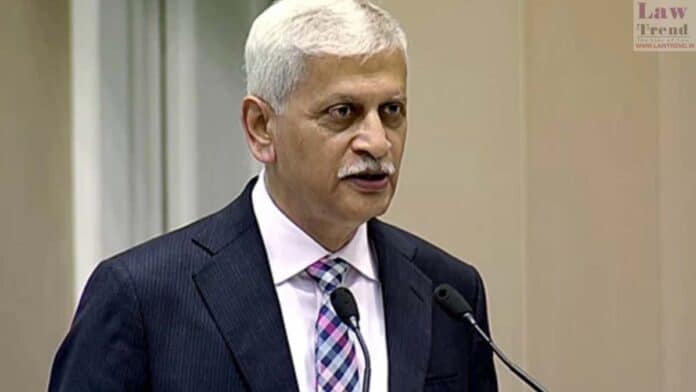In a significant move on Monday, the Supreme Court appointed former Chief Justice of India U U Lalit as the head of a newly formed search-cum-selection committee tasked with overseeing the appointments of vice-chancellors to state-run universities in West Bengal. This decision comes amidst ongoing tensions between the ruling Trinamool Congress (TMC) and the state’s Governor C V Ananda Bose, who also serves as the chancellor of these universities.
The appointment was announced by a bench consisting of Justices Surya Kant and Ujjal Bhuyan, who noted the consensus between the state government and the governor’s office on the panel’s formation. The committee, including Justice Lalit and five other members, is expected to compile a list of three recommended candidates for each university, presented in alphabetical order.
The Supreme Court has mandated that the entire selection process be completed within three months. Following the committee’s recommendations, which will be endorsed by its chairperson, the names will be submitted to the Chief Minister of West Bengal. If the Chief Minister finds any candidate unsuitable, detailed remarks and supporting materials must be forwarded to the Governor within two weeks.
This directive follows a legislative amendment by the West Bengal Assembly, which increased the number of members in the vice-chancellor search committee from three to five. The amendment was controversial, with opposition from the Bharatiya Janata Party (BJP), which argued that it would increase the ruling party’s influence over these crucial appointments.
The apex court’s intervention was in response to an appeal by the West Bengal government against a June 28, 2023, ruling by the Calcutta High Court. The High Court had upheld the legality of interim vice-chancellors appointed by Governor Bose without prior consultation with the state’s higher education department, a decision that had sparked legal challenges.
Also Read
In a previous ruling in October, the Supreme Court had paused the salaries of the newly appointed interim vice-chancellors and suggested that the Governor and Chief Minister resolve their differences informally, emphasizing the need for cooperation in the interest of the educational sector and the students’ future.




